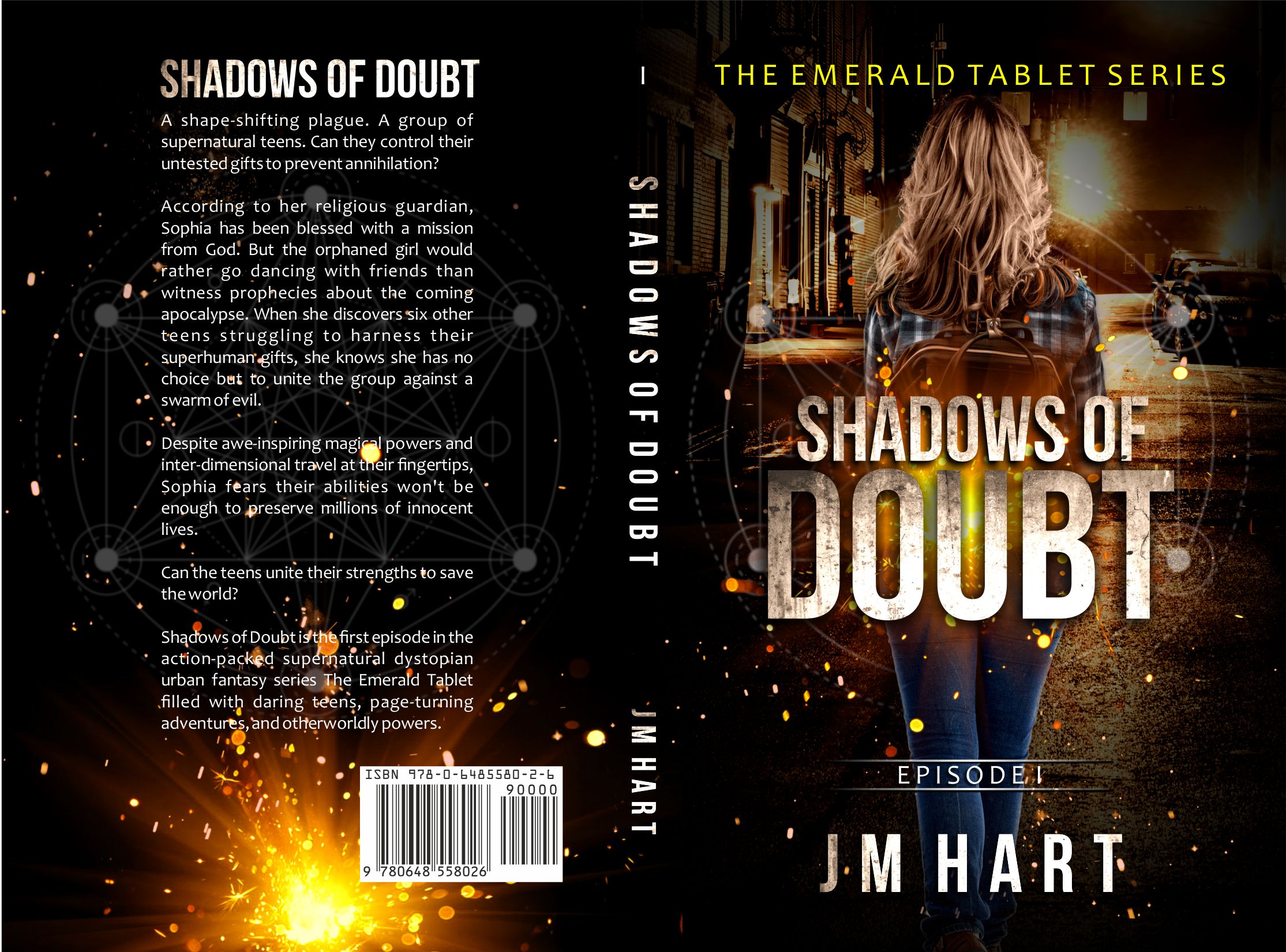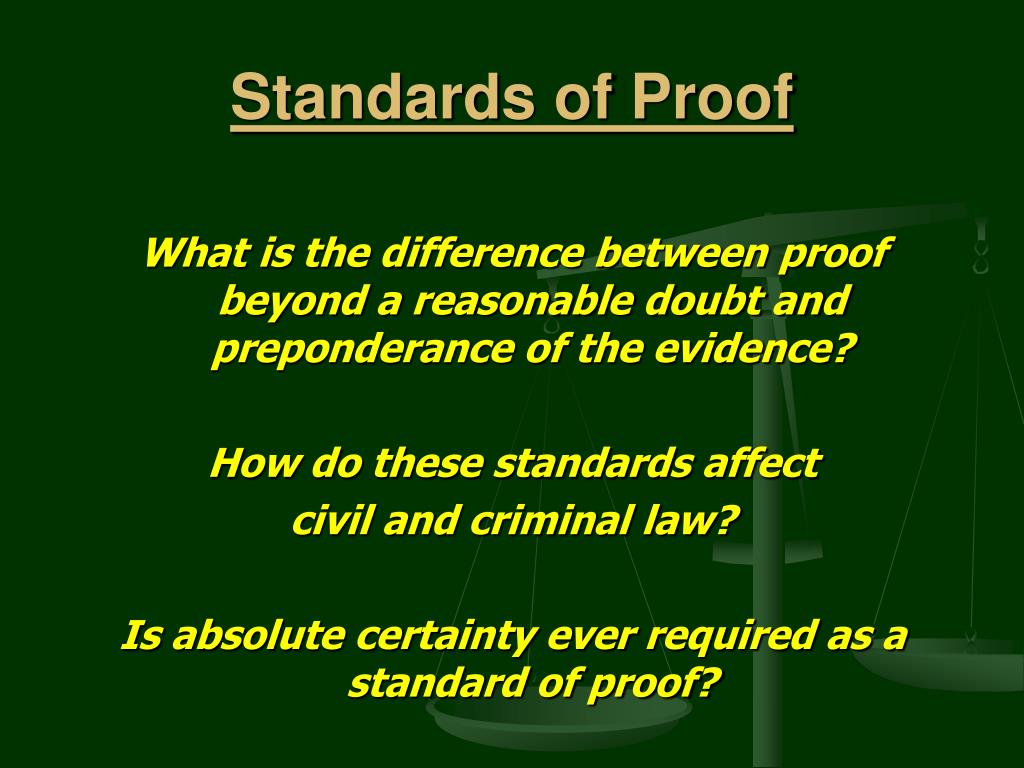


If I had even the slightest hint of doubt, I couldn't vote guilty. I hate to think of someone else's punishment being in my hands. I have never had jury duty before, and I know that I would be extremely troubled if I did. I was really glad to have a part in sentencing him. I was on a jury that did find a man guilty of multiple murders, and some of his victims had been right in my neighborhood. What if the evidence screamed “guilty” beyond a reasonable doubt? You might be able to prevent your neighbor, your sister, or your daughter from being murdered by this man. What if you had the opportunity to put a mass murderer away so that he couldn't kill anyone else? I've had several cases where I just wasn't sure, and living with that doubt isn't easy, by any means.Īugust 27, – You have to look at it from a different angle, though. If only every case that came to trial showed no reasonable doubt that the accused were guilty, we in the legal system could sleep more soundly at night. I feel a lot of empathy for those in court rooms. My concern is that the older I get, the less "reasonable" people seem to be, and the more information and faster paced the world is the less likely people are to actually listen. Then it becomes harder to hide behind subjective words and pretend there is no numerical standard.

It is too uncomfortable.īut in fact, in an increasingly technical world, probabilities can actually be calculated (when evidence is based on any kind of numerical data). In criminal law, this is the Voldemort of questions - it cannot be named, cannot be discussed. But pussyfooting around this with weasel words doesn't make it go away. The problem is, to say that x% probability is enough is equivalent to saying it is acceptable if (100-x) percent of people are convicted wrongly. I find it ironic that lawyers cannot bring themselves to name a numerical probability.

May 10, You served on a jury tasked with deciding the guilt or innocence of a serial killer who murdered people in your own neighborhood? Wow.


 0 kommentar(er)
0 kommentar(er)
